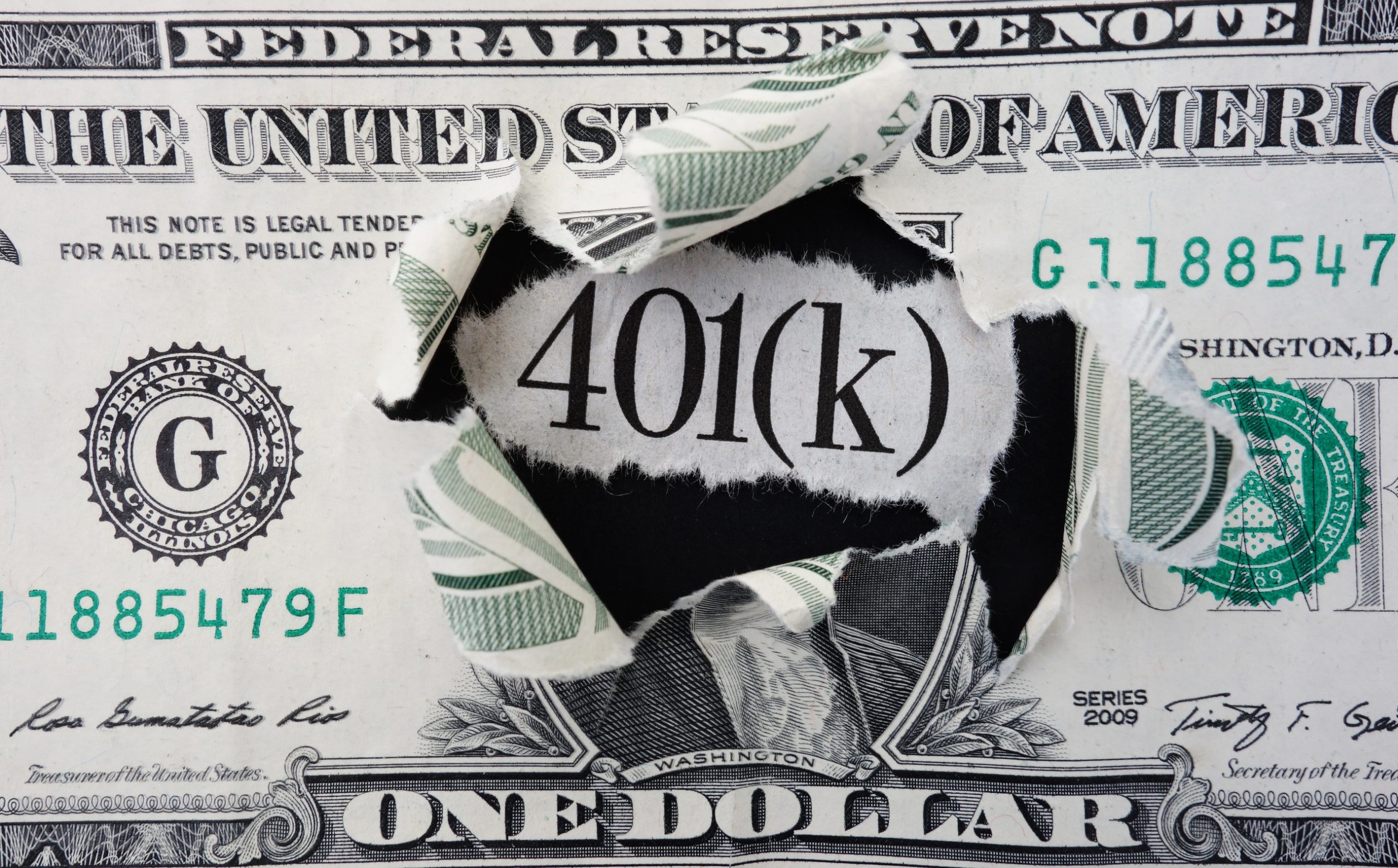
A 401(k) is often one of the most valuable assets a person leaves behind, but inheriting one isn’t as simple as cashing a check. Many families are surprised to learn that certain circumstances can lead to additional tax bills after the account holder passes away. From federal income taxes to potential state-level costs, the rules can be complicated and costly. Understanding why some 401(k)s trigger extra taxes after death can help you plan ahead and protect more of your savings for your loved ones. Here are key reasons this issue occurs and how to reduce the financial burden it creates.
1. Required Minimum Distributions for Beneficiaries
One of the main reasons why some 401(k)s trigger extra taxes after death is the requirement for beneficiaries to take distributions. The SECURE Act changed the rules for most non-spouse heirs, requiring them to empty the account within 10 years. This can push large withdrawals into high-income years, increasing the tax rate on the inherited funds. Spouses have more flexibility, but they still face eventual required withdrawals. Proper planning can help spread distributions over time to reduce the tax hit.
2. No Step-Up in Basis for 401(k) Assets
Unlike other inherited investments, a 401(k) does not receive a step-up in cost basis when passed on to heirs. This is another reason why some 401(k)s trigger extra taxes after death. All withdrawals from the account are taxed as ordinary income, regardless of how much the investments have appreciated over time. This means beneficiaries can’t avoid paying taxes on the account’s growth. Converting part of a 401(k) to a Roth account during your lifetime can help offset this issue.
3. State Income Taxes on Inherited Accounts
While federal taxes get the most attention, state income taxes can also play a role in why some 401(k)s trigger extra taxes after death. Some states fully tax withdrawals from inherited retirement accounts, while others exempt them or have lower rates. If a beneficiary lives in a high-tax state, the total cost of inheriting the account can be significant. Planning for where beneficiaries reside can influence the after-tax value they receive. Awareness of both federal and state rules is essential to avoid surprises.
4. Early Withdrawal Penalties for Certain Beneficiaries
Although the 10% early withdrawal penalty doesn’t apply to inherited 401(k)s in most cases, certain situations can still trigger additional costs. For example, if a spouse rolls the account into their own name and then withdraws funds before age 59½, they could face penalties. This is another detail that contributes to why some 401(k)s trigger extra taxes after death for specific heirs. Understanding the best way to transfer the account is crucial. Professional guidance can help avoid unnecessary fees.
5. Large Account Balances Leading to Higher Tax Brackets
If an heir inherits a substantial 401(k), required withdrawals can push their income into a higher tax bracket. This is one of the most common reasons why some 401(k)s trigger extra taxes after death. Even if the beneficiary is financially responsible, the sheer size of the mandatory distributions can result in a bigger tax bill. Strategic withdrawals or partial conversions before death can help reduce this impact. Timing and tax planning are key to minimizing bracket creep.
6. Inherited 401(k)s with Pre-Tax Contributions Only
Most traditional 401(k)s are funded with pre-tax contributions, which means every dollar withdrawn by the beneficiary is subject to income tax. This structure explains why some 401(k)s trigger extra taxes after death compared to Roth accounts. Roth 401(k)s, if held long enough, can be passed on tax-free for withdrawals. Without planning, beneficiaries may find themselves paying taxes on the entire balance over a short timeframe. Considering Roth conversions can help create more tax-efficient inheritances.
7. Failure to Name or Update Beneficiaries
A simple oversight, like not updating beneficiary designations, can lead to higher taxes and delays. If no beneficiary is listed, the 401(k) may be paid to the estate, potentially increasing probate costs and triggering faster distribution requirements. This mistake is another reason why some 401(k)s trigger extra taxes after death unnecessarily. Regularly reviewing and updating beneficiary information ensures that the account passes smoothly and tax-efficiently. It’s one of the easiest preventative steps a 401(k) owner can take.
Protecting More of Your 401(k) for Your Heirs
Knowing why some 401(k)s trigger extra taxes after death allows you to plan with intention. From understanding distribution rules to exploring Roth conversions and updating beneficiaries, there are multiple ways to reduce the tax burden. The key is to address these issues well before they become urgent, ideally with the help of a financial planner or tax professional. By taking proactive steps, you can leave more of your hard-earned retirement savings to your loved ones and less to the IRS.
Have you reviewed your 401(k) to see how it will be taxed when passed on? Share your thoughts and strategies in the comments to help others prepare.
Read More:
The Dangerous Habit That’s Quietly Shrinking Your Retirement Fund
6 Retirement Accounts That Are No Longer Considered “Safe”
The post Why Some 401(k)s Trigger Extra Taxes After Death appeared first on The Free Financial Advisor.







